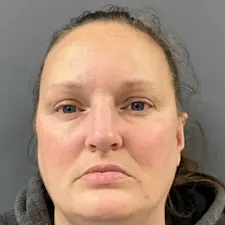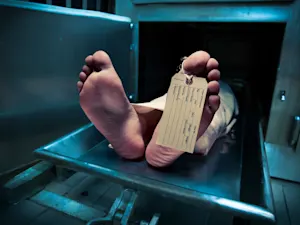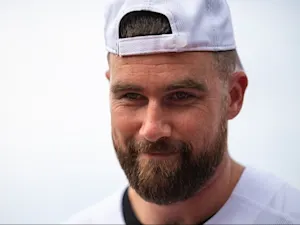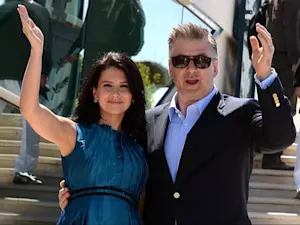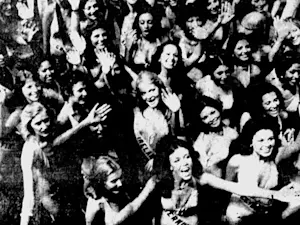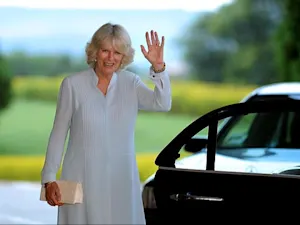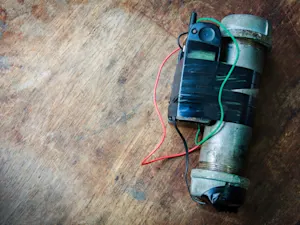
John Lennon's Killer Denied Parole for 14th Time
New York City Police Department mugshot of Mark David Chapman, 1980. Photo courtesy of New York City Police Department. Public domain.
Mark David Chapman, the man who shot and killed John Lennon outside his New York City apartment in December 1980, faced a parole board in August 2025 for the 14th time — and was denied release once again. Now 70 years old, Chapman has been incarcerated since 1981, serving a sentence of 20 years to life at Green Haven Correctional Facility in Beekman, New York. His latest parole hearing underscores the ongoing debate about justice, remorse, and public safety that surrounds one of the most infamous murders in modern music history.
The Crime That Shook the World
On December 8, 1980, John Lennon, former Beatle and cultural icon, was returning to his apartment at The Dakota with his wife, Yoko Ono, when Chapman approached and fatally shot him. Earlier that day, Lennon had signed a copy of his new album, "Double Fantasy," for Chapman, who then waited outside the building to carry out the attack. The murder stunned the world, leaving a void in music and peace activism that still resonates today.
Chapman was arrested immediately and later convicted of second-degree murder. Since then, he has been eligible for parole multiple times, with the first opportunity coming 20 years after the crime, in December 2000. Despite numerous hearings, the parole board has consistently denied his release, citing the severity of the crime and concerns about public safety.
Parole Proceedings and Expressions of Remorse
Parole hearings for inmates serving life sentences involve a thorough review of their behavior, rehabilitation efforts, and potential risk to society. Chapman's parole board interviews have been closely watched, given the high-profile nature of his crime. During his 2020 parole hearing, Chapman expressed deep remorse, acknowledging that he committed the murder out of selfishness and a desire for fame. He admitted that he deserved the death penalty for his actions and described the killing as despicable.
Despite these expressions of regret, the parole board has remained unconvinced that Chapman's release would be safe or appropriate. His repeated denials reflect the board's weighing of the crime's impact, the victim's family's wishes, and the broader implications for community safety. Chapman himself has stated that he believes he should remain in prison for the rest of his life, underscoring the complexity of his case.
Yoko Ono's Opposition and the Family's Pain
Yoko Ono, Lennon's widow, has been a vocal opponent of Chapman's release throughout the years. She has described the letter she wrote to the parole board in 2000 as the hardest she ever had to write, emphasizing the profound and lasting pain the murder inflicted on her family and the community. Ono has expressed fear that releasing Chapman could reignite the nightmare and chaos that followed Lennon's death, potentially leading to further violence.
Ono's connection to the apartment they shared with their son Sean, now 49, remains strong. She has said she never considered moving from the building because it contains the tangible presence of Lennon's life and legacy. Her concerns extend beyond personal grief to public safety, fearing that Chapman could pose a threat to her, her family, or others if released.
The Parole Board's Decision and What Lies Ahead
Chapman's most recent parole hearing took place on August 27, 2025, and the New York Department of Corrections and Community Supervision updated its records to show that his request was denied. The board's decision means Chapman will remain incarcerated at least until his next hearing, scheduled for February 2027.
The parole process in New York requires that inmates demonstrate rehabilitation, remorse, and a low risk of reoffending. Given the gravity of Chapman's crime and the ongoing opposition from Lennon's family, the board's repeated denials reflect a cautious approach to balancing justice and safety. The public and media attention surrounding the case adds another layer of complexity, as any decision is scrutinized for its social and cultural implications.
The Legacy of a Tragic Crime
The murder of John Lennon remains a defining moment in music history and a stark reminder of the consequences of violence. Chapman's incarceration and parole denials highlight the enduring impact of the crime on Lennon's family, fans, and society at large. While Chapman has shown remorse and accepted responsibility, the parole board and Lennon's loved ones continue to weigh the risks and moral considerations of his potential release.
Whether you are a fan of Lennon's music, interested in criminal justice, or simply curious about the human stories behind headlines, the saga of Mark David Chapman's parole hearings continues to captivate and provoke reflection on justice and forgiveness.
References: John Lennon's Killer Mark David Chapman Denied Parole for 14th Time | John Lennon's Killer Mark David Chapman Learns Fate in 14th Parole Hearing | John Lennon Killer Mark David Chapman Denied Parole for 14th Time








